WICV 2024 Plenary Session Wraps Up
Date:2024-11-05 17:25
Typeface【 Default large Extra large 】
On October 17, the Plenary Session of the 2024 World Intelligent Connected Vehicles Conference (WICV 2024) was successfully held in Beijing. Co-hosted by the Ministry of Industry and Information Technology (MIIT), Ministry of Transport (MOT), and the People’s Government of Beijing Municipality, the session aims to deepen industrial exchanges and cooperation and promote the intelligent and connected transition of the automotive industry, thereby embracing new opportunities in intelligent connected vehicle (ICV) development.
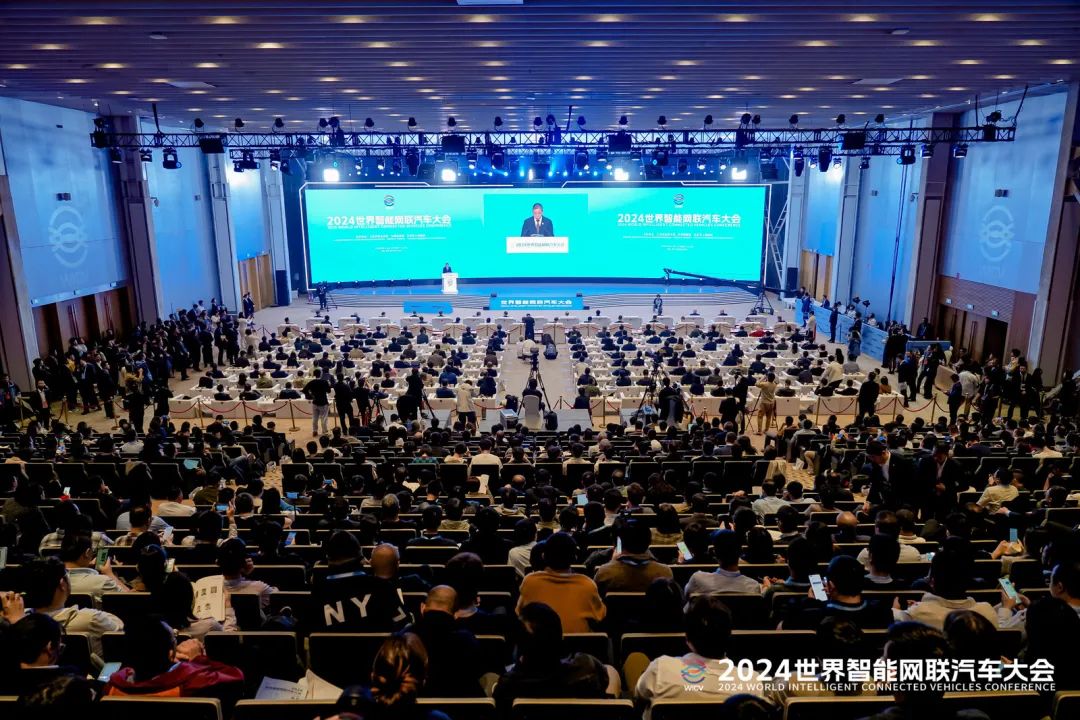
Xin Guobin, Member of Party Leadership Group and Vice Minister of the Ministry of Industry and Information Technology (MIIT), and Gao Dongsheng, Chief Economist and Director-General of the General Office of the MIIT, presided over the session.
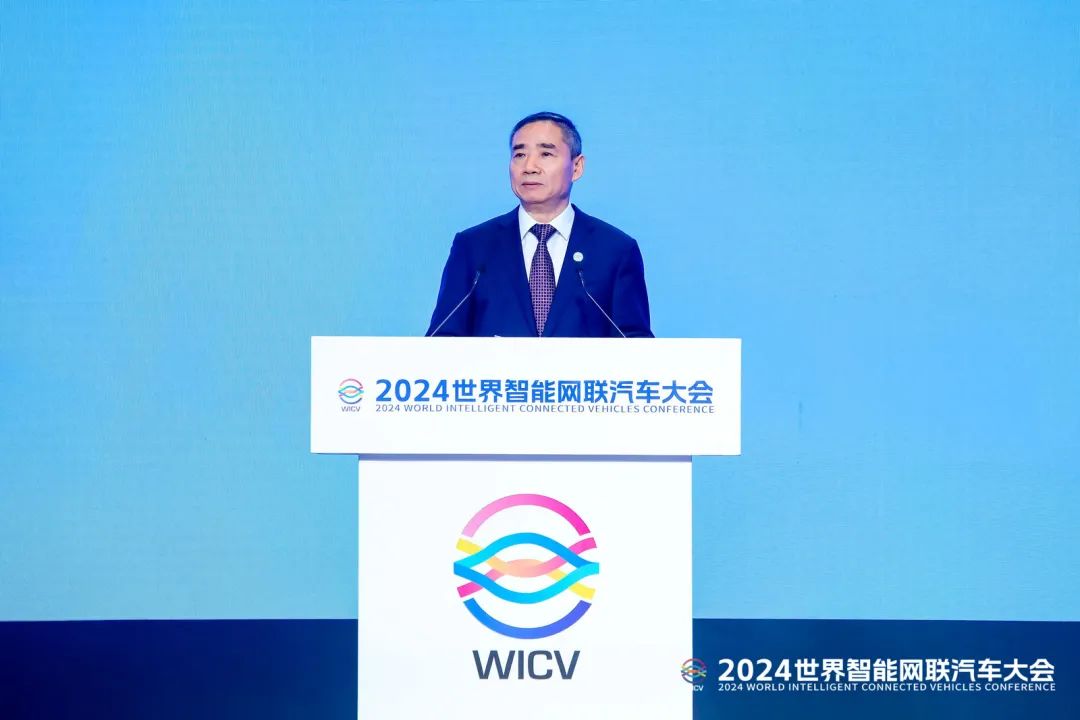
Xin Guobin, Member of Party Leadership Group and Vice Minister of the MIIT, presides over the Plenary Session
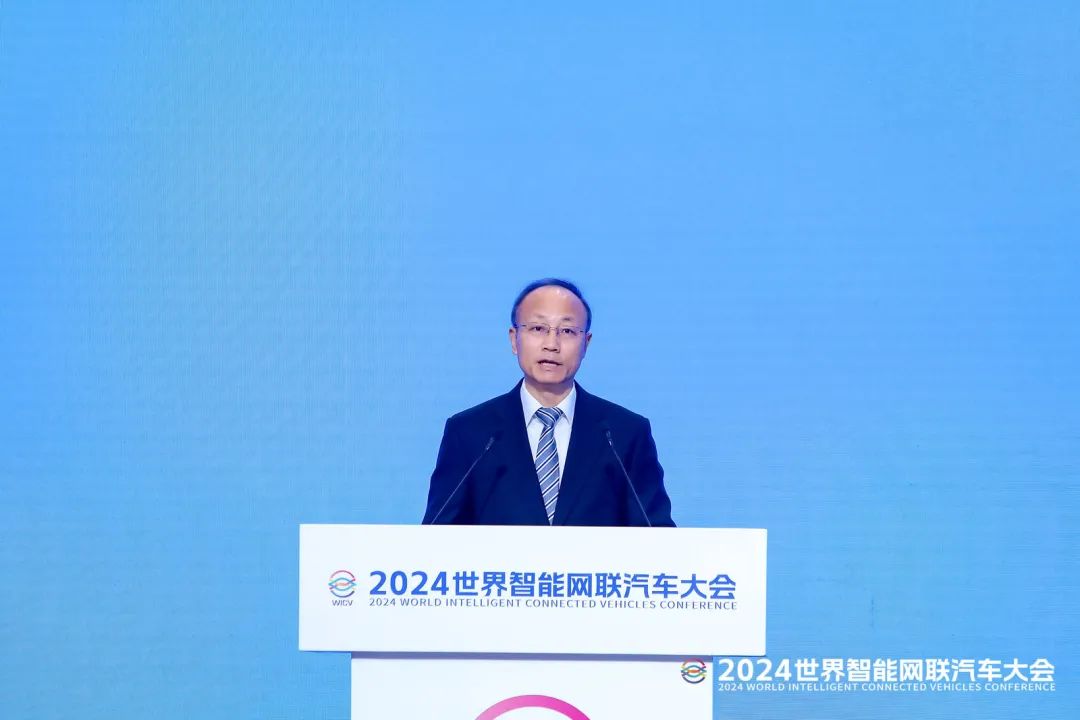
Gao Dongsheng, Chief Economist and Director-General of the General Office of the MIIT, presides over the Plenary Session
A number of industry leaders and experts from FAW Group, the German Association of the Automotive Industry (VDA), Changan Auto, Volkswagen AG, GAC Group, the Federation Internationale de l'Automobile (FIA), China Telecom Corporation Limited, Dongfeng Motor, Geely Holding Group, Xiaomi, China Electronics Technology Group Corporation (CETC), Qihoo 360 Technology, and Huawei, delivered insightful speeches. In addition, the session features the release of the Declaration of Acting in Concert on ICV Vehicle-Road-Cloud Integration and an academician dialogue.
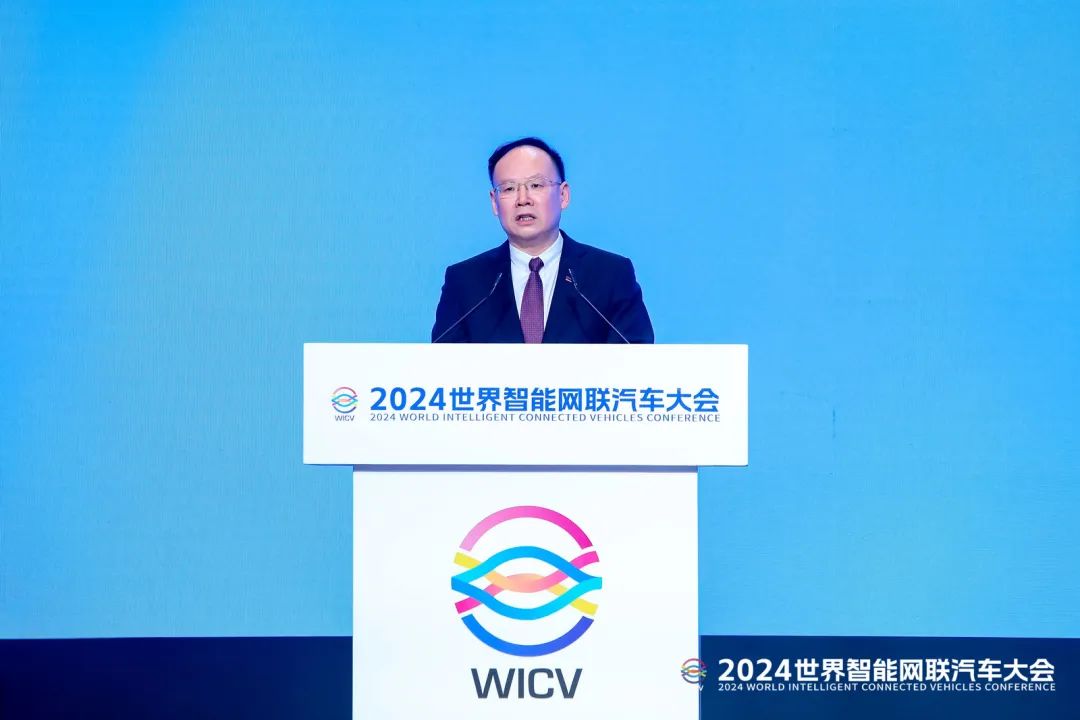
Qiu Xiandong, Chairman of BOD at FAW Group, shared insights on industrial development and changes in the era of ICVs and innovative practices of FAW Group. He offered three recommendations for the automotive industry: first, to prioritize standards and adopt a forward-thinking approach; second, to leverage artificial intelligence (AI) thinking to construct industry vertical large models; and third, to accelerate the deployment of “vehicle-road-cloud integration” through government-enterprise collaboration, thereby enhancing the smart operational capabilities of cities.
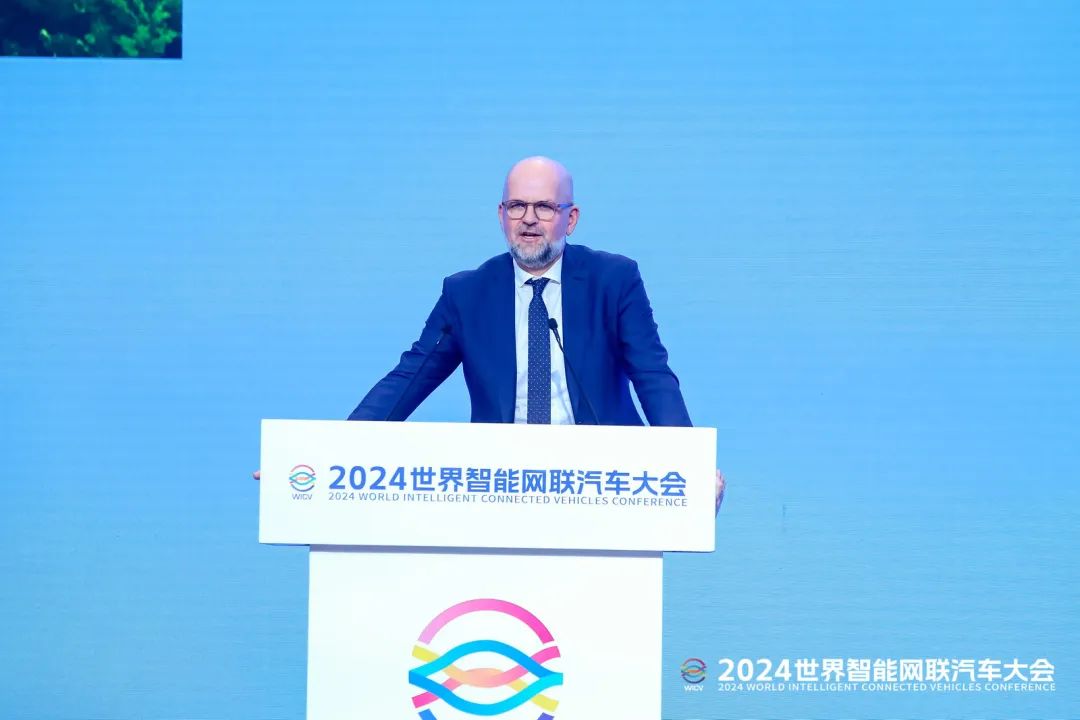
Andreas Rade, Managing Director of the VDA, gave a presentation on the collaborative efforts between China and Germany in the ICV sector, emphasizing the importance of international cooperation. He advocated for a forward-looking perspective and a fair, open competitive environment to promote deep bilateral exchanges and cooperation in the automotive industry, benefiting consumers in both nations.
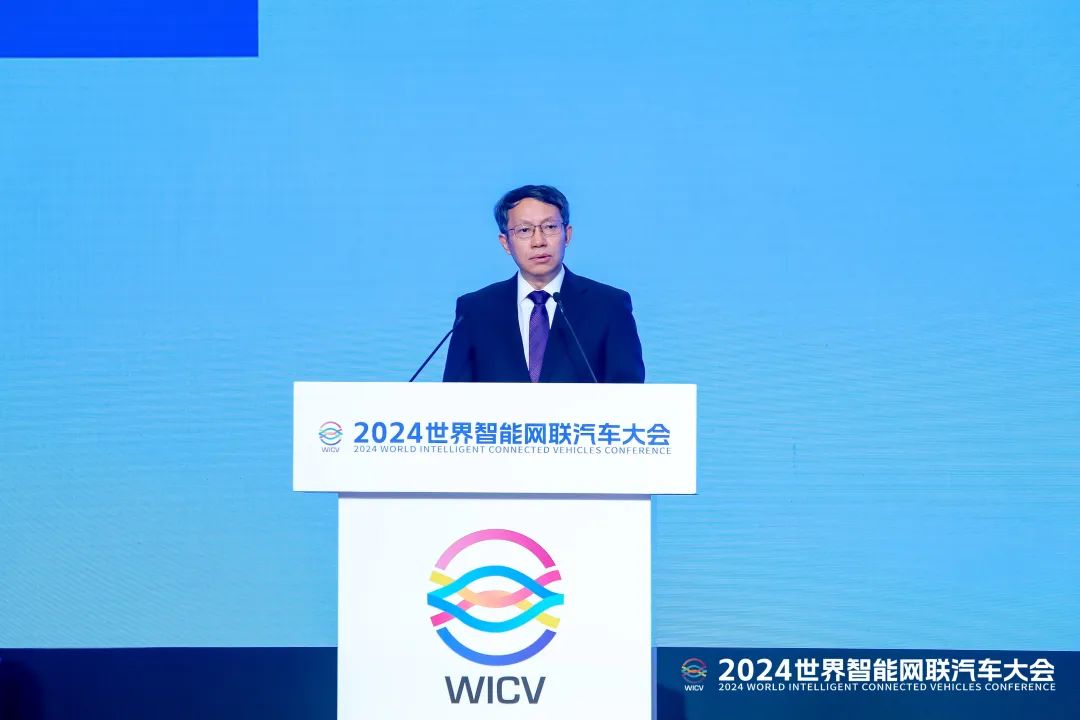
The Declaration of Acting in Concert on ICV Vehicle-Road-Cloud Integration was read by Li Keqiang, Academician of the Chinese Academy of Engineering and Chief Scientist of the National Innovation Center of Intelligent and Connected Vehicles. It outlines 10 action tasks including the improved organizational implementation, collaborative framework, and standard harmonization, aiming at fostering high-quality ICV development.
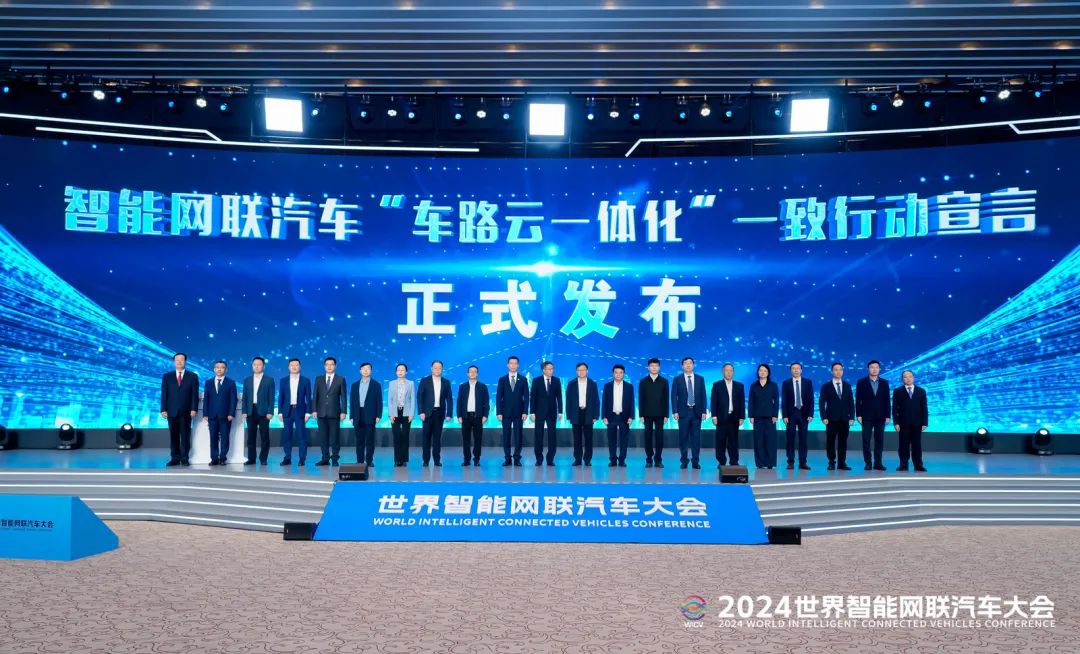
Declaration of Acting in Concert on ICV Vehicle-Road-Cloud Integration Released
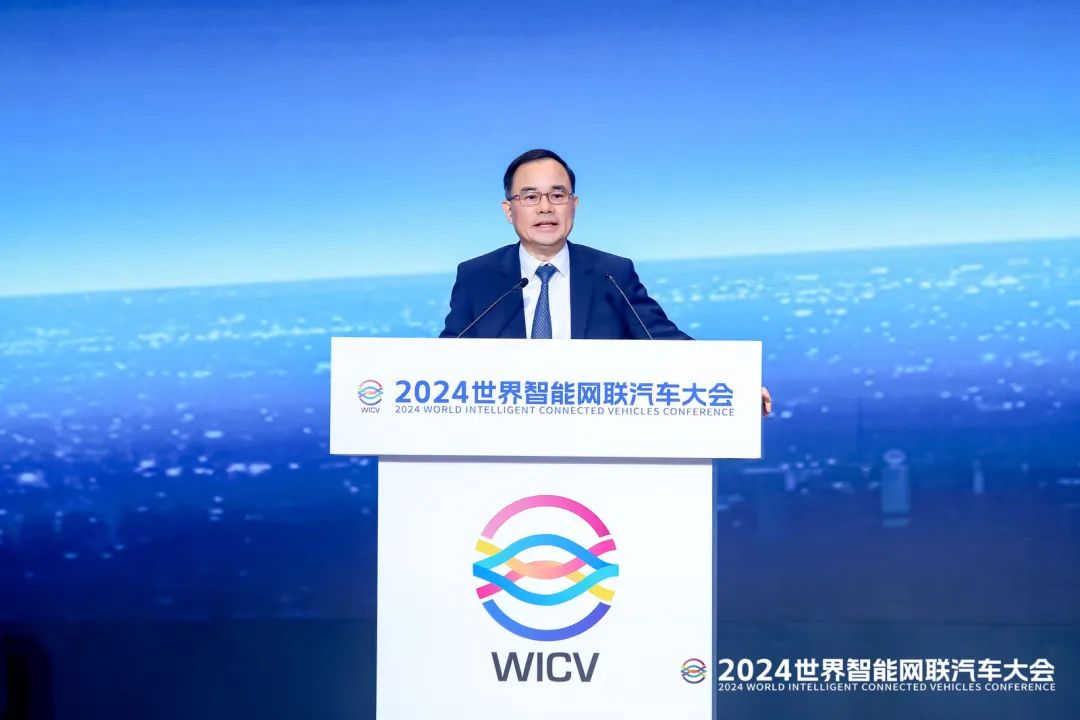
Zhu Huarong, Chairman of Changan Auto, discussed the impact of the intelligent and connected transition on the automotive industry, sharing Changan Auto’s exploration and practices in the digital transition and ICV development. He encouraged brands from various countries to prioritize the ICV and new energy vehicle (NEV) development in China, gradually expanding their reach globally. Additionally, he emphasized the importance of strengthening international cooperation to jointly establish an open, fair, just, and inclusive market system.
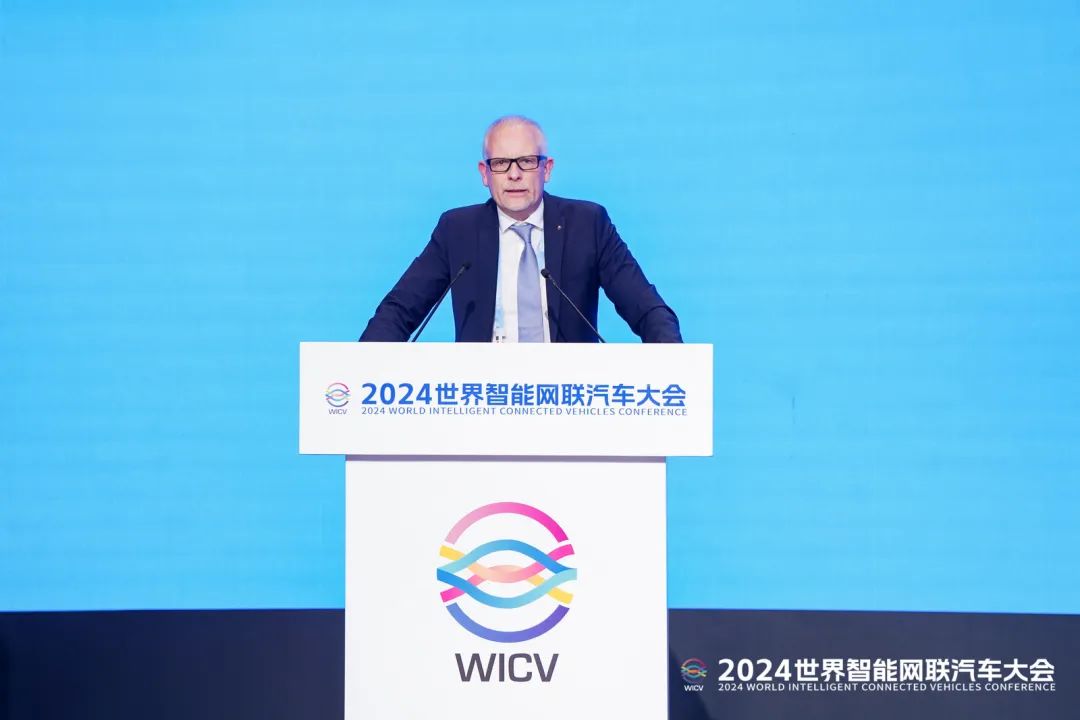
Stefan Mecha, CEO of Volkswagen China Passenger Cars Brand,shared the company’s successful experience and future development plans targeting the Chinese market, announcing that more NEVs will be launched to meet the needs of Chinese consumers.
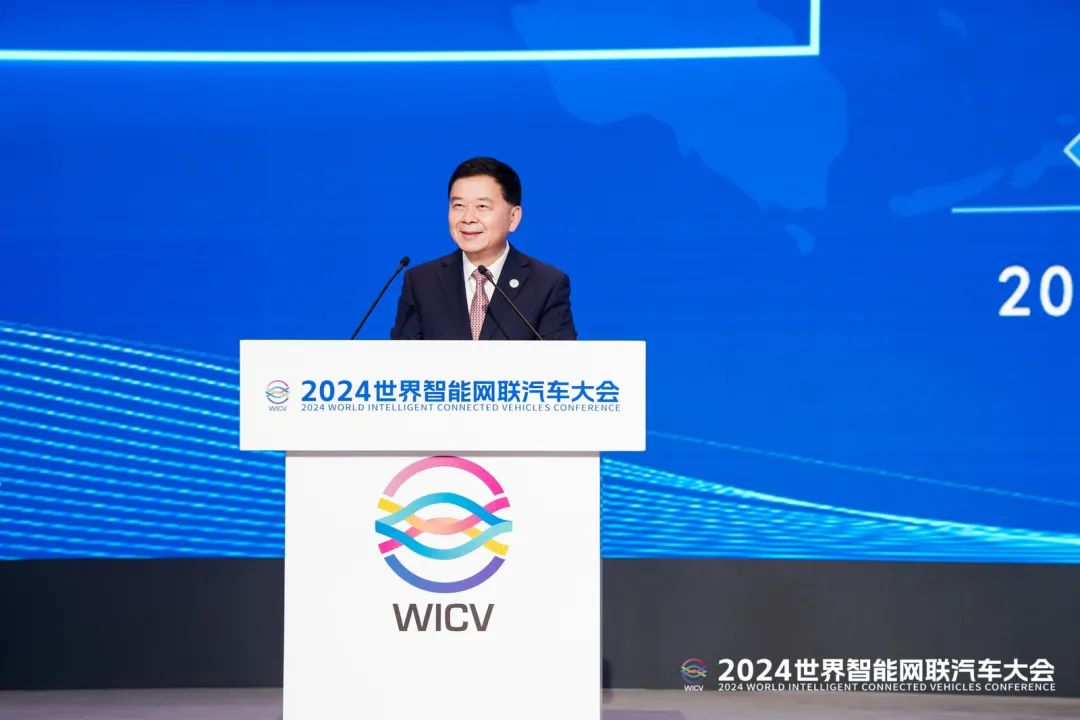
Zeng Qinghong, Chairman of GAC Group, emphasized in his speech that the automotive industry is undergoing rapid changes as we enter the era of intelligent driving. He stressed the need to enhance independent chip R&D and collaboration, and improve legal and regulatory frameworks for autonomous driving commercialization, thereby accelerating the industry’s intelligent transition.
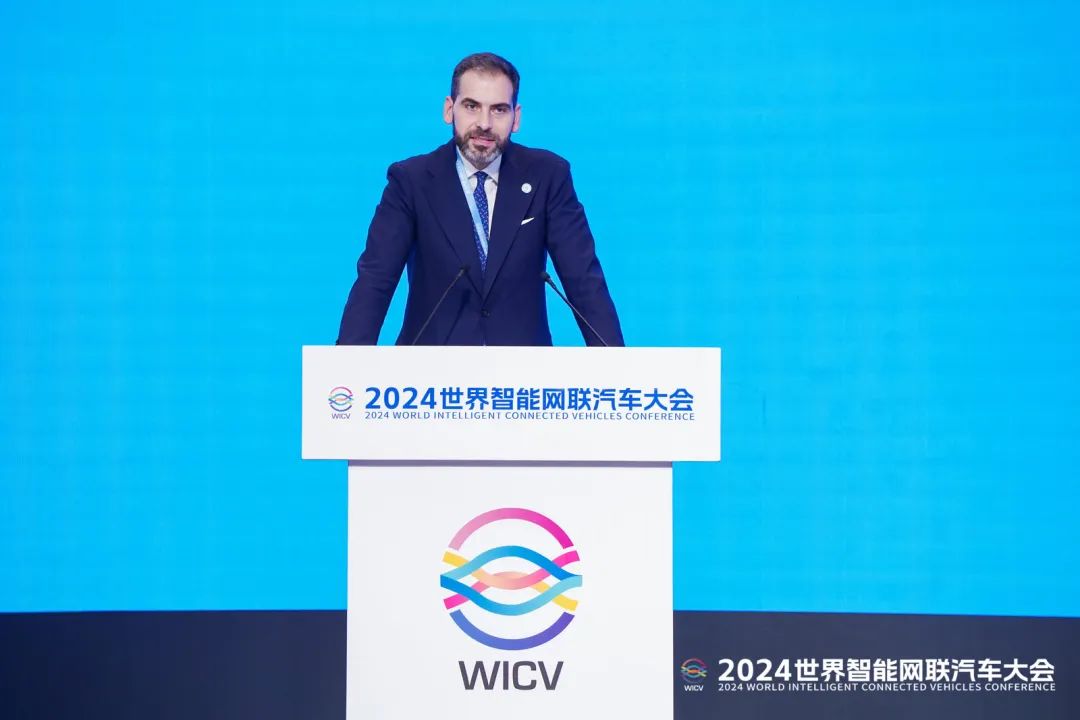
Habib Turki, Chief Development Office of the Federation Internationale de l'Automobile (FIA), focused his speech on intelligent connected mobility services, particularly how motorsport drives the development of automotive brands and technologies. He noted that car racing serves as a platform for showcasing cutting-edge technologies while also fostering the advancement of automotive innovations.
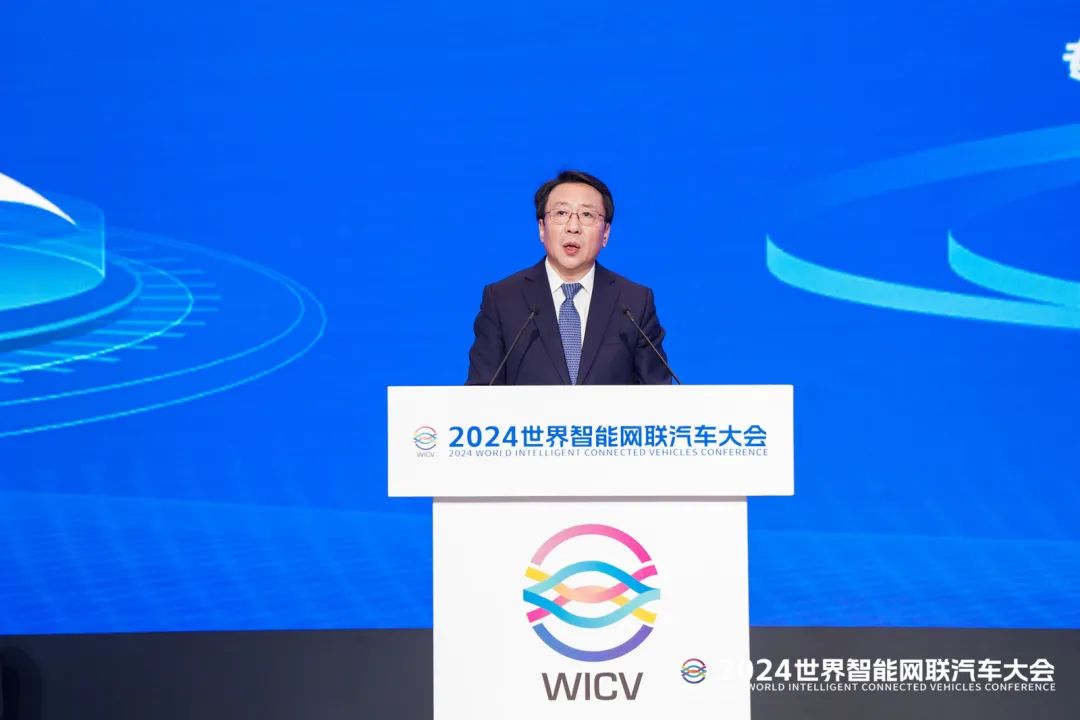
Liang Baojun, General Manager and Chief Operating Officer of China Telecom Corporation Limited, shared insights on the company’s new practices in serving the digital and intelligent transition of the automotive industry, including strengthening digital information infrastructure and supporting automakers in building cloud platform foundations.
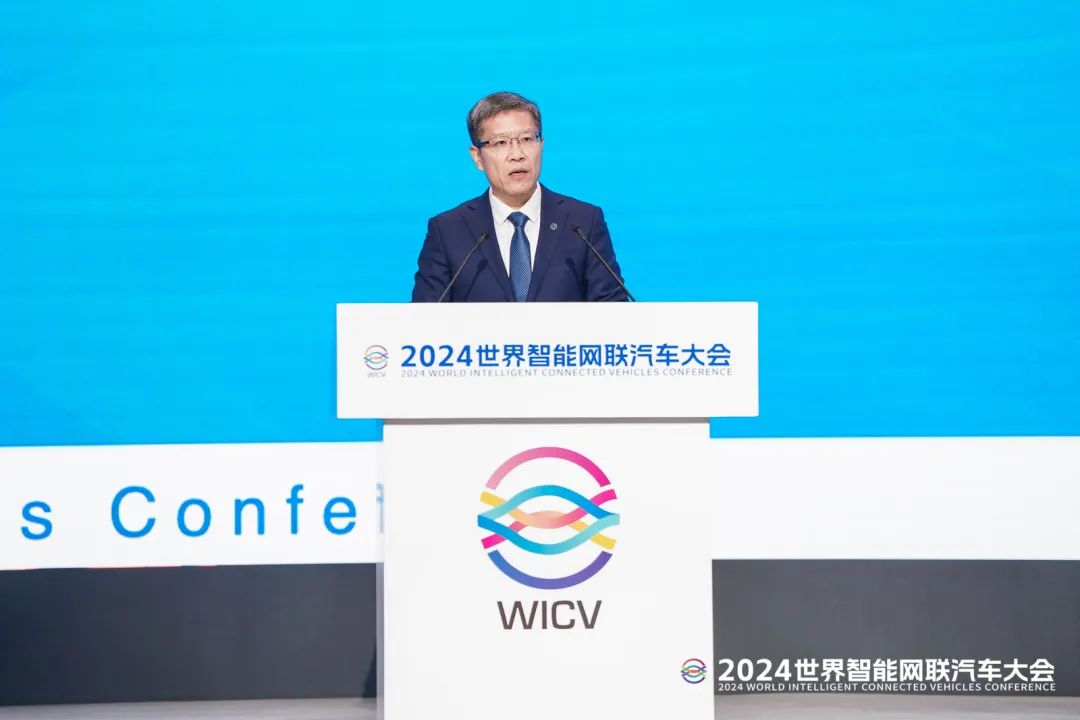
Zhou Zhiping, General Manager of Dongfeng Motor Corporation, shared insights into the company’s exploration and practices in the ICV sector, emphasizing the importance of strengthening independent R&D of core technologies in key fields and critical parts to achieve technological self-reliance and self-improvement. He also proposed several recommendations, including collaboratively improving the standard system and mechanisms, coordinating the deployment of computing power and other infrastructure, and strengthening the regulation and governance of AI.
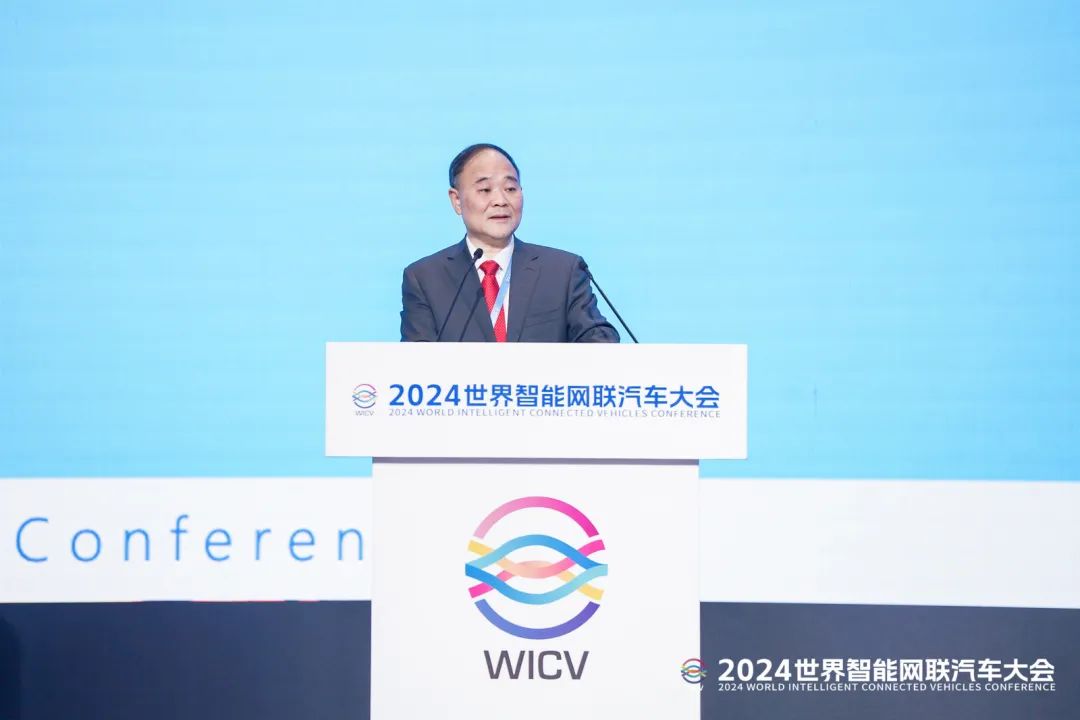
Li Shufu, Chairman of Geely Holding Group, stated that ICVs have become a focal point for industry innovation, and China is rapidly entering a new era centered on intelligence. To promote high-quality development in the industry, he emphasized the need to grasp core competencies, build a stable and reliable ICV supply chain, and enhance collaborative efforts.
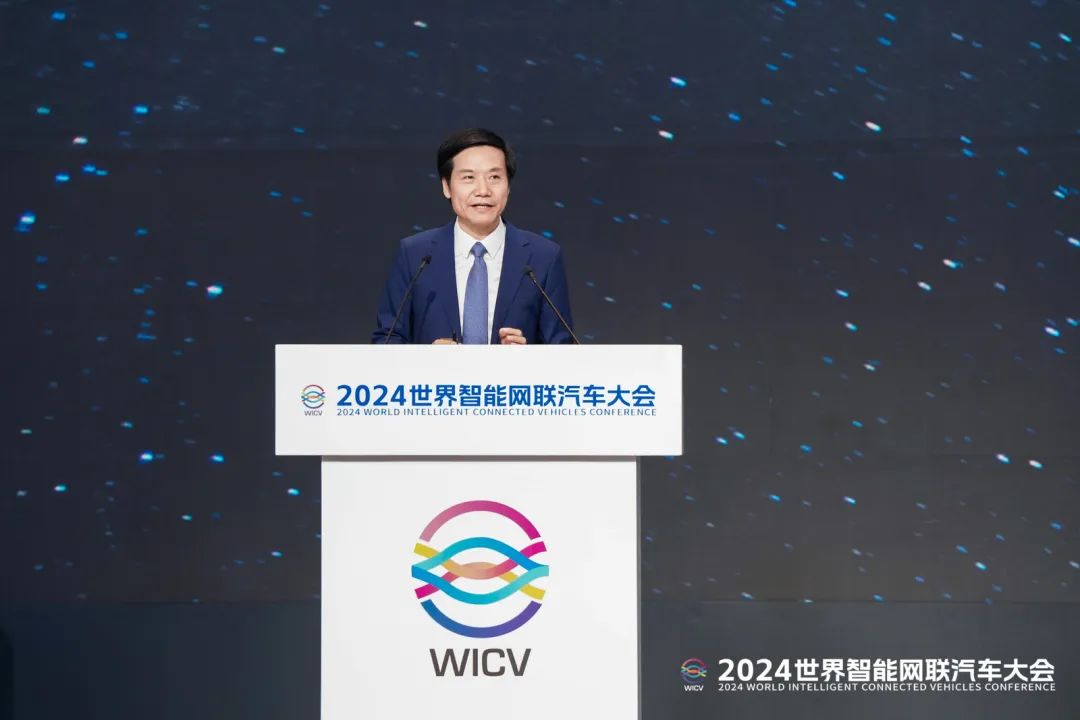
Lei Jun, Founder, Chairman and CEO of Xiaomi, gave an overview of the company’s progress in the ICV sector. He noted that Xiaomi cars boast a high activation rate of the intelligent driving feature and outstanding safety testing results. The company will continue to strive to provide users with an improved intelligent electric vehicle experience. Lei put forth four suggestions for the industry: first, to uphold technological innovation with the aim of becoming a global benchmark for technology and quality; second, to vigorously develop intelligent driving technology while promoting the safe use of intelligent driver assistance; third, to foster collaboration and healthy competition to jointly explore the global market; and fourth, to co-create and share an intelligent ecosystem.
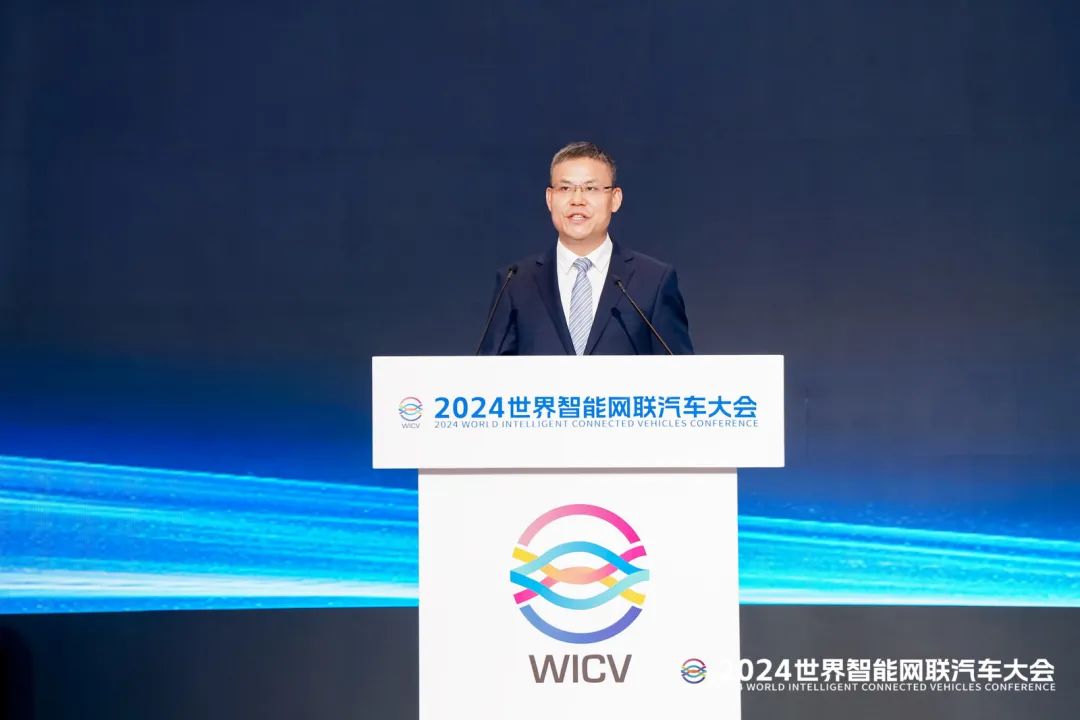
Yu Chengzhi, Deputy General Manager of China Electronics Technology Group Corporation (CETC), shared insights on the new trends, opportunities, ideas, and initiatives in the development of the ICV industry. He emphasized the need to collaboratively foster technology, industry, and scenario ecosystems to drive high-quality ICV development.
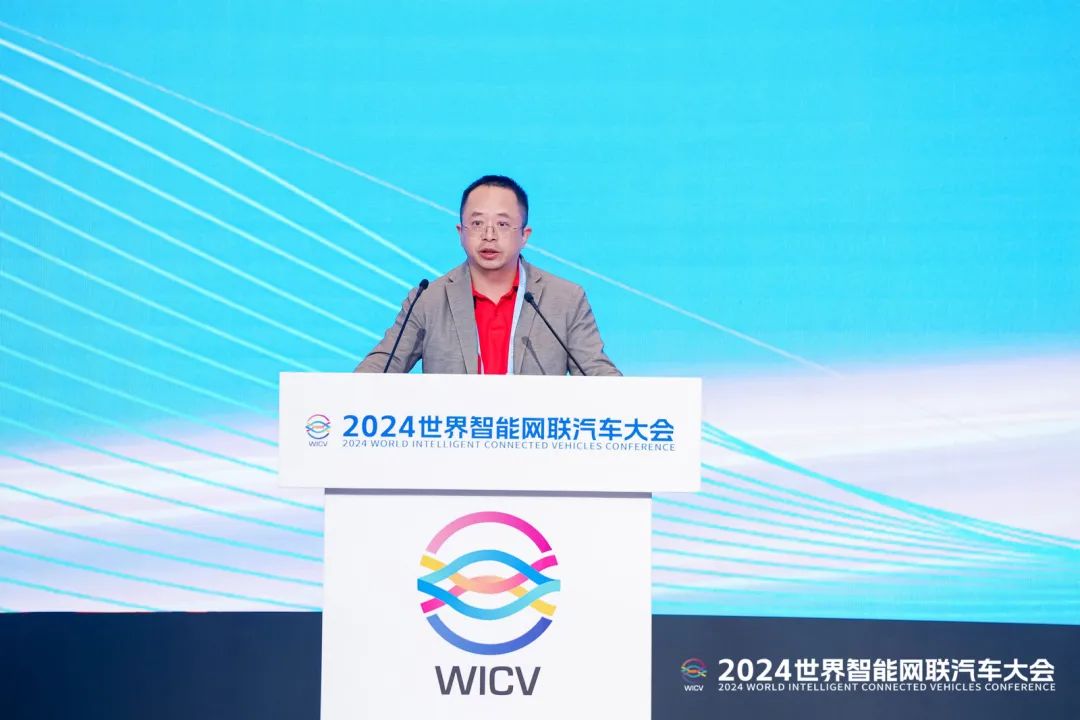
Zhou Hongyi, Founder of Qihoo 360 Technology, highlighted the safety issues related to ICVs, especially new challenges brought by the digital and connected transition of the automotive industry. The company will serve automakers with national-level safety service capabilities, comprehensively protecting automakers and consumers through solutions such as in-vehicle security brains and intelligent driving guardians. The aim is to support the high-quality development of the ICV industry.
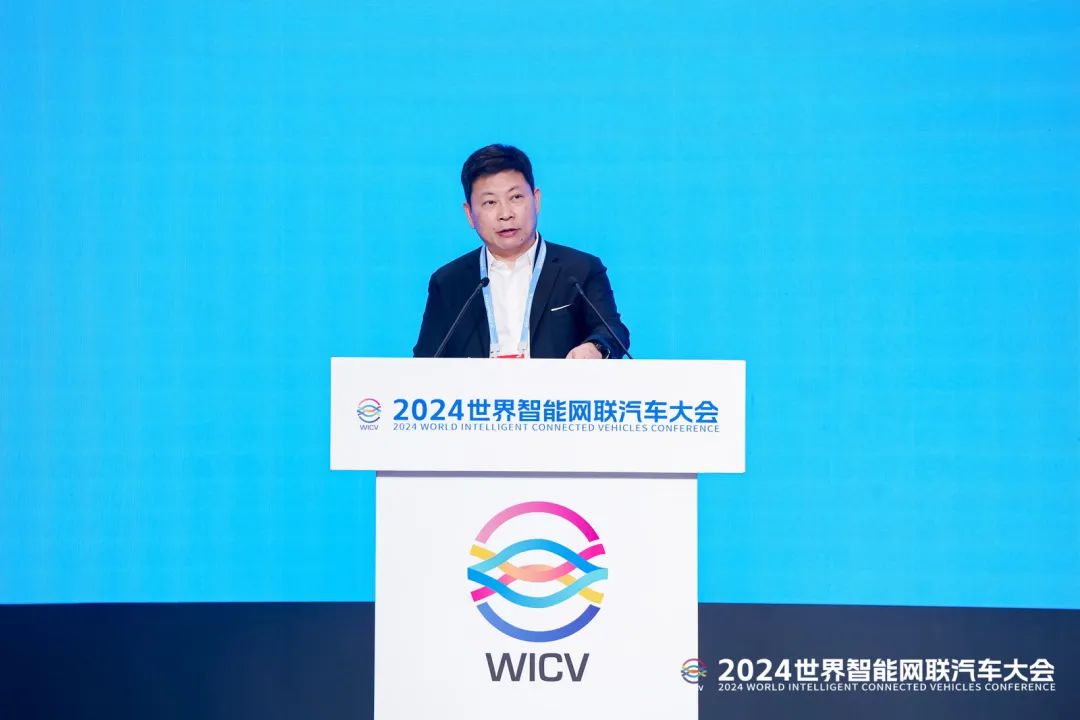
Yu Chengdong, Executive Director, Chairman of the Board of Directors of the Consumer BG, and Chairman of the Board of Directors of the Intelligent Automotive Solution BU at Huawei, highlighted Huawei’s achievements in the field of intelligent driving, such as the widespread adoption of omnidirectional collision avoidance technology and the HIMA system. He called for the accelerated legislation on autonomous vehicles to promote the advancement of intelligent driving.The plenary session featured an academician dialogue titled “Key Technologies and Industrialized Paths for ICV Development”. Four academicians, including Wu Hequan, Sun Fengchun, and Li Keqiang from the Chinese Academy of Engineering, as well as Qu Xiaobo from the European Academy of Sciences, engaged in an in-depth discussion on topics such as intelligent transition, connected integration, and the building of industry ecosystems. They concurred that the future of the automotive industry lies in ICVs, emphasizing the necessity for deep collaboration across industries and fields to jointly promote technological innovation and industrial development. The dialogue was moderated by Ran Bin, Chair of the Committee on Connected and Autonomous Mobility of the International Road Federation (IRF), Secretary-General of the Vehicle-Road Collaboration Innovation Consortium (VRCIC), and Vilas Distinguished Achievement Professor and Director of the ITS Program, University of Wisconsin-Madison.
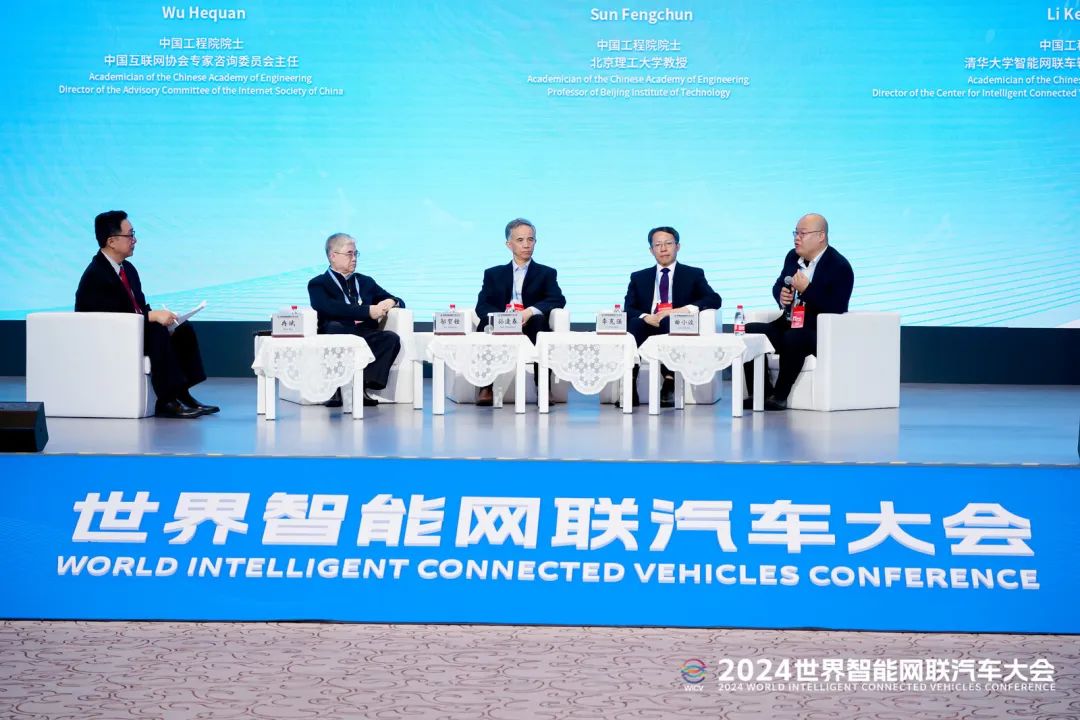
Concluding successfully, the plenary session presented the latest achievements and development trends in the ICV sector and served as an important platform for global collaboration within the automotive industry. Over 1,000 representatives from governments, enterprises, and research institutions across more than 10 countries and regions attended this session and witnessed the robust growth of the ICV industry. Attendees expressed their commitment to working together to promote high-quality ICV development and create a new future for smart mobility.
Previous article
Next article